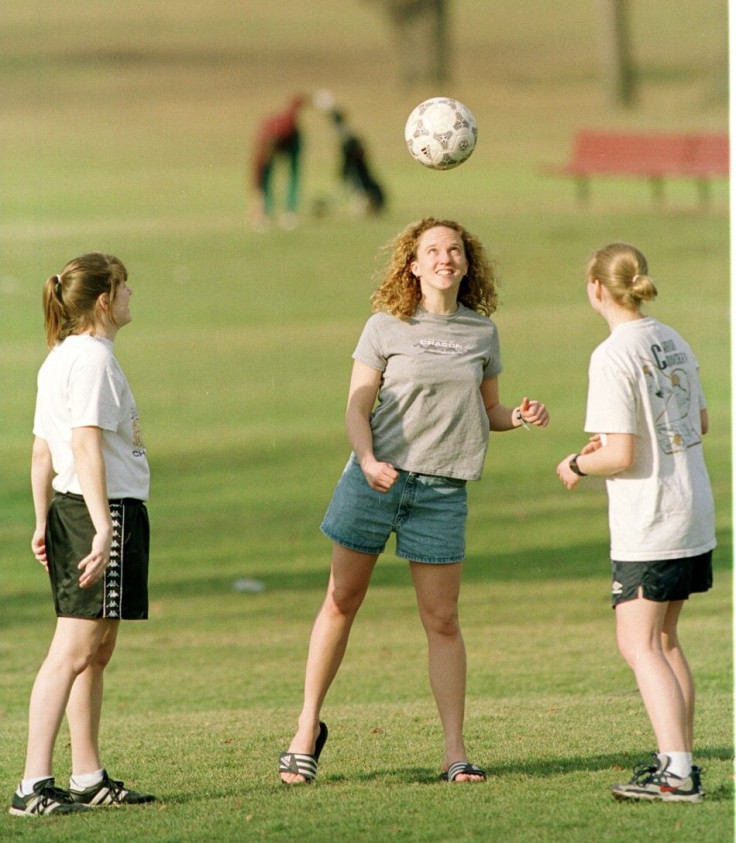Emergency Rooms See 60% Increase in Visits From Kids for Concussions: Report

Emergency rooms have seen a 60 percent increase in kids who come in for sports-related concussions and other traumatic brain injuries (TBI), according to a health report.
ER visits for sports-related TBIs went from 153,375 in 2001 to 248,418 in 2009, according to the Centers for Disease Control and Prevention (CDC), who published the statistics in their Morbidity and Mortality Weekly Report.
We believe that one reason for the increase in emergency department visits among children and adolescents may be a result of the growing awareness among parents and coaches, and the public as a whole, about the need for individuals with a suspected TBI to be seen by a health care professional, CDC National Center for Injury Prevention and Control director Linda Degutis said in a statement.
Data was taken from a representative sample of 66 hospital emergency departments. Research showed that 71 percent of these hospital visits were from males and that 70.5 percent of visits were from young people who ranged in age from 10 to 19.
Females were more likely to get injured while playing soccer or basketball. For males, it was football. Both were more prone to injury while bicycling.
Playground activities also accounted for trips to emergency rooms.
Signs and symptoms of a concussion include having a headache, feeling dizzy, slurred speech, and nausea, according to KidsHealth.org.
SportsConcussions.org notes that concussions can happen in any sport.
The organization stresses that when young athletes sustain a head injury, they should be removed from play, referred to a medical provider, take a break from sports and certain activities, and only return to playing with a doctor's approval.
The CDC noted that young athletes need longer recovery times.
While some research shows a child′s developing brain can be resilient, it is also known to be more vulnerable to the chemical changes that occur following a TBI, CDC Division for Injury Response director Richard Hunt said in a statement.
© Copyright IBTimes 2024. All rights reserved.











